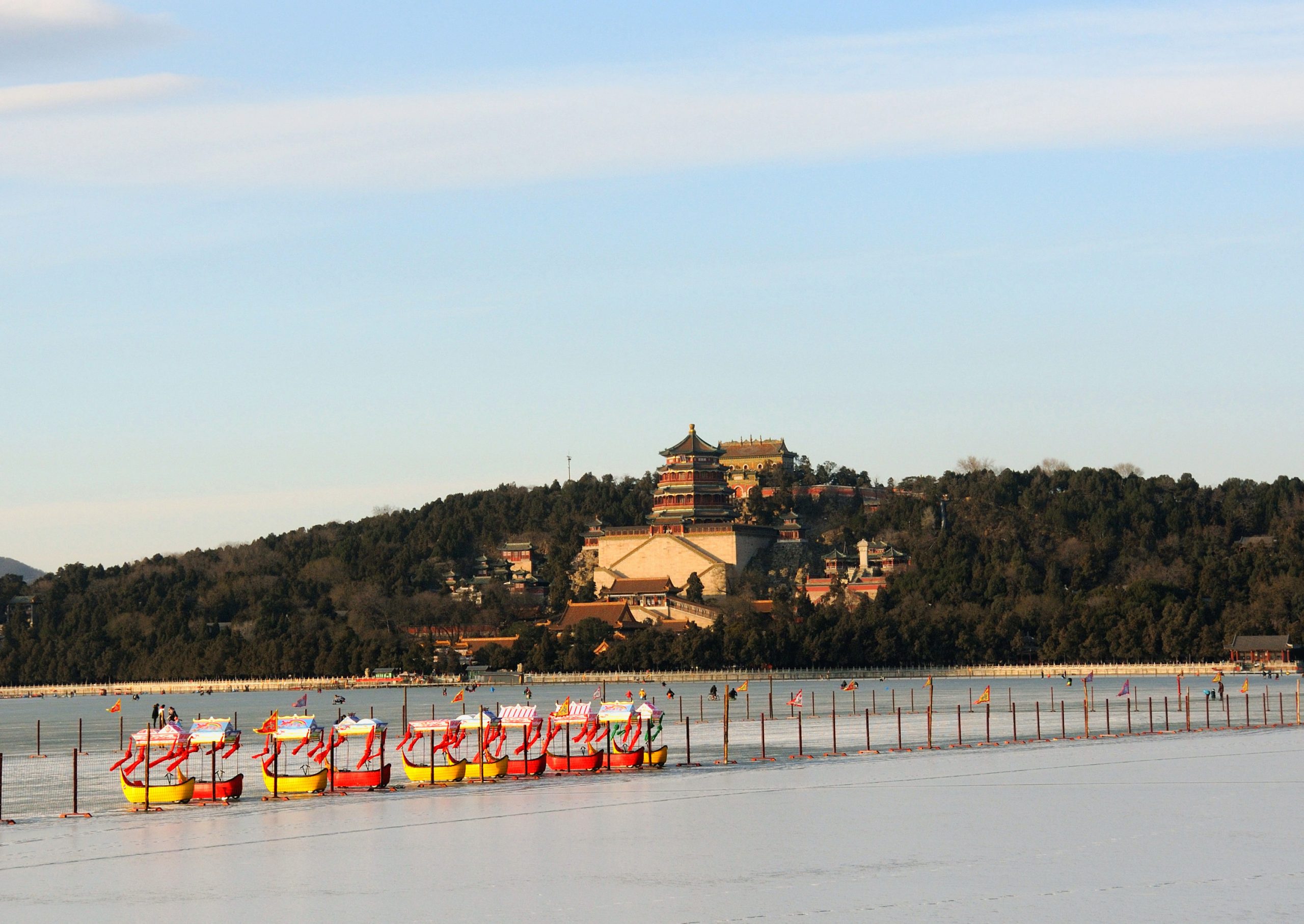
Covid-19 has changed everything, and it has effected this change so quickly that there is no-one who is not struggling to catch up. In business, we have moved to a “war footing”, ripping up our strategic plans and replacing them with daily meetings that focus on how to get through each day.
In many ways it feels as if the world has been paused. But what kind of world will we step back into, once the coronavirus pandemic is at bay? A quite different world, I suspect.
In the July 1997 issue of Wired magazine, the futurists Peter Leyden and Peter Schwartz outlined what they called “The Long Boom”, a period of economic growth that they were confident would last from 1980 to 2020. In this “history of the future”, global trade, aided by technology and abetted by liberal democracy, would double the world’s economy every 12 years and lift millions out of poverty. In many ways this was prescient; globalisation, e-commerce and digitalisation have created a stable paradigm and sustained a lengthy period of growth.
But since 2016 there have seen warning signs that the party might be coming to an end, and a feeling that a great readjustment is on its way. That change has manifested itself abruptly in the form of Covid-19.
Fundamental to the Long Boom was China’s role as the factory of the world, but now globalisation is fragmenting. Nike once had over 500 suppliers in China, but Morgan Stanley now predicts that 20 per cent of Nike’s products will be made “onshore” in automated factories by 2023. In the UK, too, textile production is returning to places such as Huddersfield. As we seek more resilient supply lines, this may well become an established trend.
The Covid-19 crisis brings into sharp focus how over-dependent we all are on global supply chains. But as national barriers are erected around the world, the “re-shoring” of production means businesses will move closer to their customers.
This could already be seen on the high street, where retail was being replaced by e-commerce and the relentless rise of Amazon. And yet this was when just 15 per cent of retail actually took place online. Covid-19 created an overnight surge in e-commerce volume, and the stores that are closing now may never re-open their doors.
Businesses, stunned by the sudden collapse in demand, have sought desperately to change their costs. Productivity growth is now a matter of extreme importance, and those businesses that survive may not re-hire their teams in the same numbers again. Instead they will look to replace replace their workforce – both in production and administration – with machines and automated processes. Again, this is the acceleration of a trend that was already present; a fifth of Amazon’s workers are robots.
That poses a question: what will the world do with all the people left behind?
One positive trend that has been accelerated by the coronavirus crisis is the reduction in carbon dioxide and other emissions. We are seeing blue skies in Chinese cities. The world has not been de-carbonising fast enough, but if Covid-19 has a silver lining, it may be that it will create a pivot point, as we change how we work, how we travel and how we balance our business objectives away from short-term profit and towards genuinely sustainable growth. Necessity has enabled an overnight mass adoption of technology to enable home working and this, I believe, will also extend to car ownership. This all seemed so implausible just three months ago, when we watched in horror as bushfires raged across Australia.
The paradigm has shifted and the Long Boom is over. We are hurtling towards a more uncertain future where the trends we have previously observed will now dramatically accelerate. They say it’s a cruel wind that blows to no-one’s advantage, but the winners will be those who adapt the fastest in the new, fast-forward world.
Jon Bumstead is a supply chain consultant and entrepreneur





